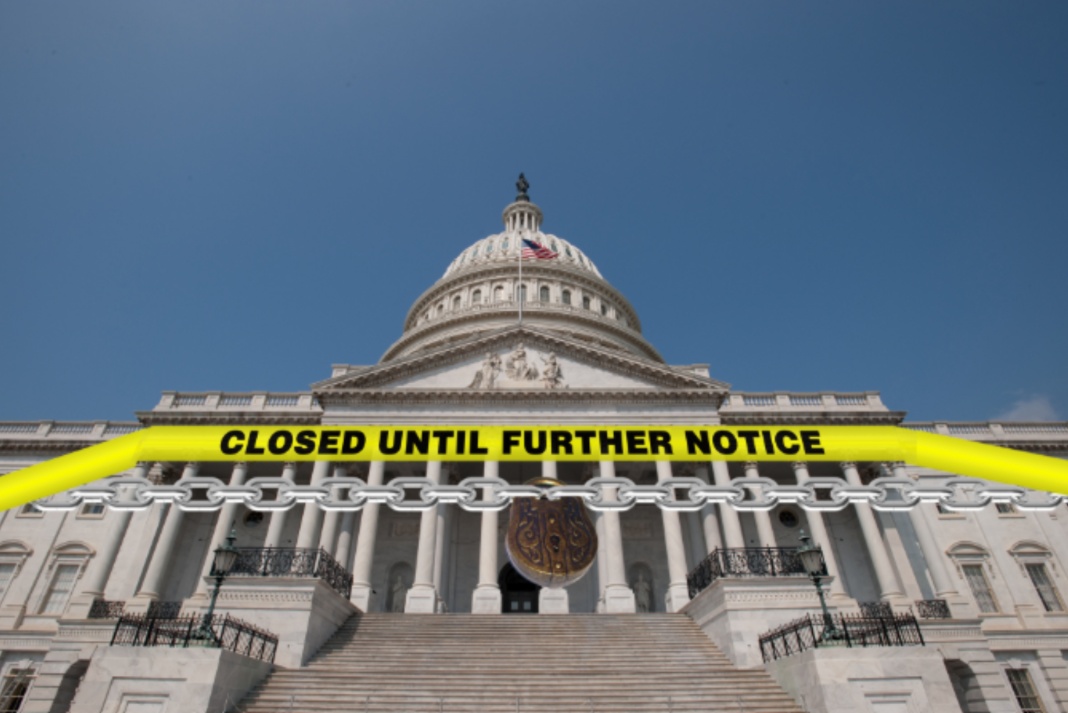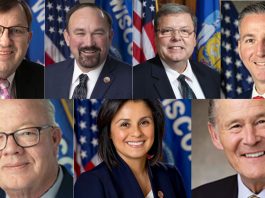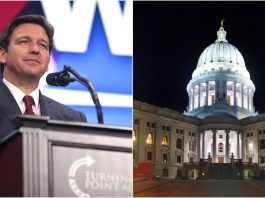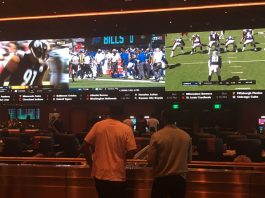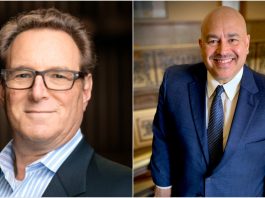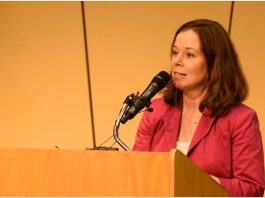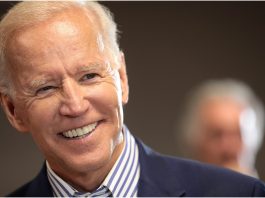Government Shutdown
So the Forest Products Lab here in Madison is complaining about being shut down. Never mind, that’s it’s a paid vacation. (Congress always sees to it that all the federal employees get their pay made up once they reopen.) I love how the media conspires with the Dems to run a bunch of stories about how terrible everything is going to be with a government shutdown. Personally, I would have kept the parks open; however, in reality, federal parks are open to the public. You can’t shut down nature, err, well, the liberals think they can, but they can’t.
Although I do recall that Evers’ team tried hard to close the state parks during the government-imposed phony shutdown in 2020, I visited Rock Island State Park during that time, which is only accessible by boat, and pulled my boat up to the sandy beach, only to see a giant 8’x8’ sign installed on the beach saying “Rock Island Closed”, like you couldn’t just pull up to the beach and step off the boat onto the beach, which we did. (Think how absurd it was for the state to install such a sign on a vacant island.) In fact, we hiked around the whole island. We even went back later without bikes and biked around the island. As a result, we’re probably the only people to bike the island, ever. But shame on us, nature was ‘closed’.
Housing & Inflation & Tariffs
I swear, I wish I could talk directly to the FOMC of the Fed and explain the obvious.
Housing rent is 30% to 50% of the Fed’s inflation calculation. Higher rent is caused by higher interest rates. When a housing provider has to refinance his loan, going from an interest rate of 3% to 7%, the owner has to raise rents to cover the extra interest cost. If the owner doesn’t raise rents, he’ll default on his loan due to not having enough rent to cover the debt service cost.
Therefore, higher interest rates cause higher rents, and higher rents are a major contributing factor in the inflation calculation.
Therefore, the Fed could lower inflation by lowering interest rates. But hey, what do I know, I’m just some idiot in middle America.
Likewise, tariffs may cause some short-term disruption in the economy, but long-term tariffs allow domestic manufacturers to make risky investments in new supply by building additions onto their plants or building new manufacturing plants because they know they won’t lose their shirt if the tariffs are in place. With new plants, supply increases, and more supply = lower inflation! Whaha! Lower inflation.
In reverse, think about it this way. American manufacturers don’t want to risk building new capacity because they know that any overseas manufacturer can copy their product and undermine their pricing. That would be like throwing money down the drain. Tariffs protect domestic manufacturers in the long term.
Likewise, if you want more housing, a couple of simple changes would solve the problem. 1. Eliminate zoning. It’s not needed. By getting rid of zoning, you also eliminate all the local government bureaucracy and time delays. New housing would get built within months instead of years. 2. Pass a moratorium on moratoriums. Many communities are passing moratoriums to stop the construction of new housing. (I guess they never think of their own children and their need for housing.) Put a stop to moratoriums.
The Fed
I just want to say one more thing about the Fed. There’s no such thing as independence from accountability.
Did you know that a huge percentage (about 43% from what I can calculate) of mortgage-backed securities are at the Fed? I didn’t either. The Fed owns about $2.1 trillion, yes, trillion, in mortgage-backed securities. (Prior to 2008, the Fed never purchased mortgage-backed securities.) That means that the Fed (in addition to Fannie Mae and Freddie Mac) is purchasing mortgage-backed securities (a/k/a bonds). This means the Fed is competing with Fannie and Freddie (currently backed by the government) and the private sector. Why?
If the Fed feels that housing prices are getting too high, all the Fed has to do is stop buying mortgage-backed securities. But instead, the Fed was raising interest rates, while at the same time buying about half the mortgage-backed securities, which are two opposing operations. Weird and stupid. I swear, I cannot figure out the Fed under Powell. They do some of the stupid things, and historically, the Fed has been wrong on almost every single financial issue over the last 100 years.
Now, if the Fed sells those bonds, it would mean taking cash out of the marketplace and putting the bonds into the market. (Before, they were printing money to put capital into the marketplace by buying those bonds, but why?) When they were raising interest rates, those bonds would have higher interest rates, thereby attracting more private or foreign capital investors, and the Fed wouldn’t need to buy those bonds if they wanted to cool the economy, so why did the Fed keep doing that? I am open to hearing ideas on this, but it sure seems unnecessary. Is the Fed just engaging in unnecessary financial activities – because they’re independent?! They can do what they want, I guess, even if it’s wrong.
Table of Contents
